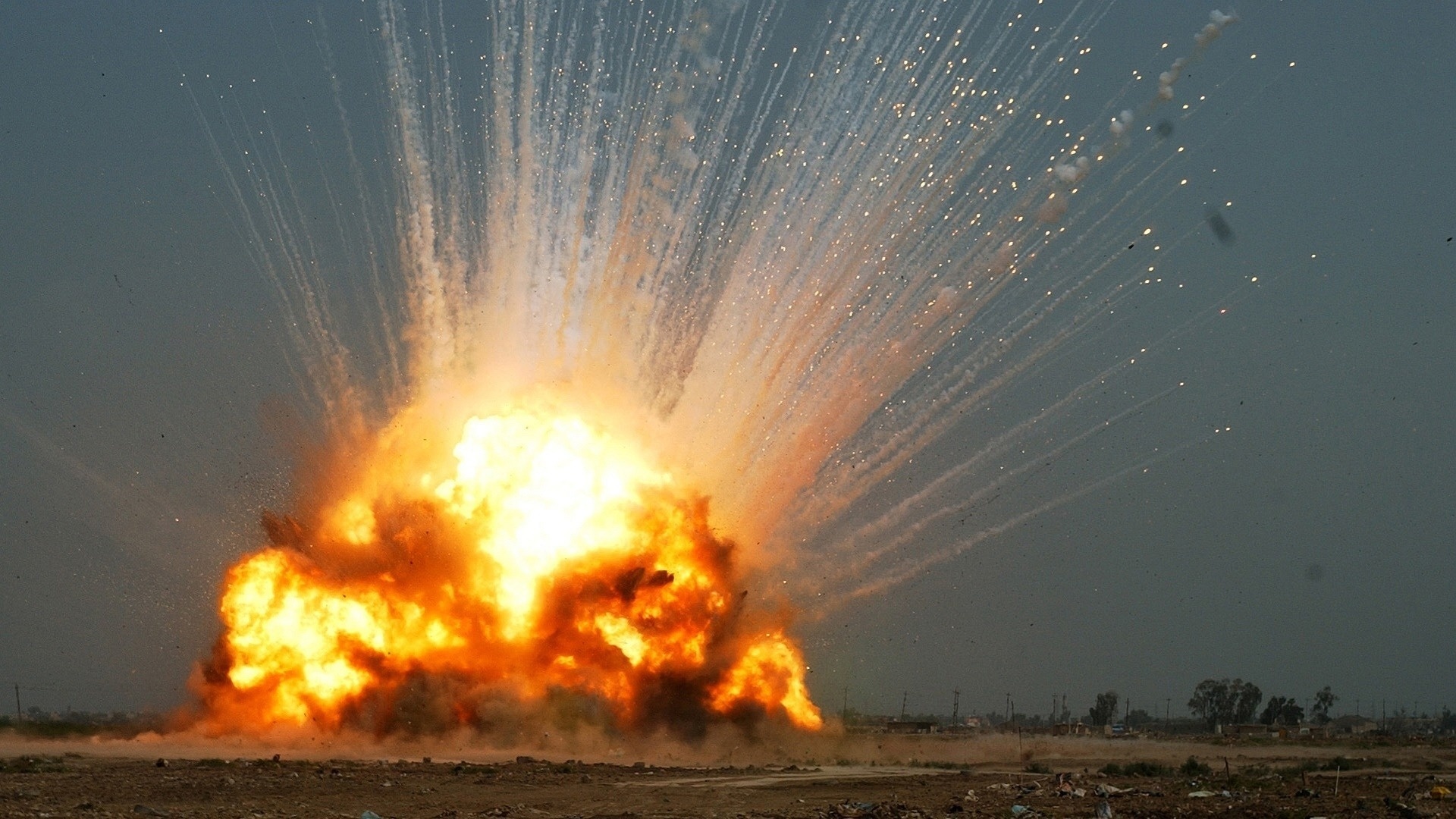
The term began to appear in the American press in the early 1940s, describing the largest of aerial bombs: single bombs capable of destroying a city block, also known as “Cookie (bomb)” during the bombing of Hamburg in World War II. Later figurative use referred to anything making a public impact: “Broadway reacted to the request of War Mobilization Director Byrnes to close all places of entertainment by midnight Feb. 26 as if a blockbuster had landed on Manhattan” (Chicago Tribune, February 2, 1945).
Some entertainment histories cite it as originally referring to a play that is so successful that competing theaters on the block are “busted” and driven out of business, but the Oxford English Dictionary cites a 1957 use which is simply as a term of “biggest”, after the bombs. Whatever its origin, the term quickly caught on as a way to describe a hit, and has subsequently been applied to productions other than plays and films, including novels and multi-million selling computer console game titles.
In film, a number of terms were used to describe a hit. In the 1970s these included: “spectacular” (The Wall Street Journal), “super-grosser” (New York Times), and “super-blockbuster” (Variety). In 1975 the usage of “blockbuster” for films coalesced around Steven Spielberg’s “Jaws” and became perceived as something new: a cultural phenomenon, a fast-paced exciting entertainment, almost a genre. Audiences interacted with such films, talked about them afterwards, and went back to see them again just for the thrill.

Leave a Reply